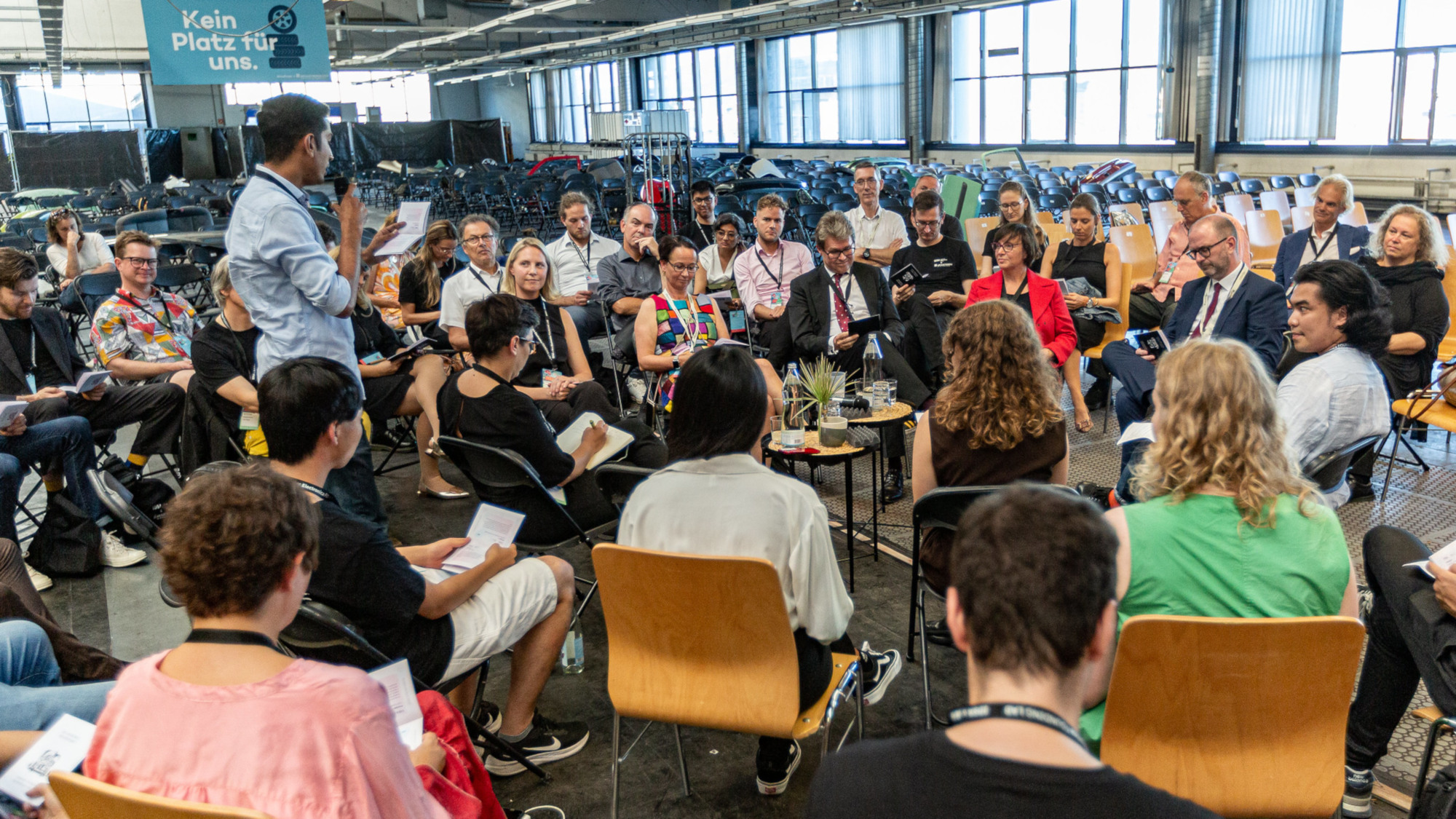Open Science is at the center of European research policy. Educational initiatives and research structures are being developed and implemented to open up European science and research, making them more efficient, seamless, transparent, and robust, as well as responsive to society’s needs and expectations. But how can we foster a common vision for opening education in areas undergoing digital transformation, and from which practices can we draw experience? This panel discussion offers insights from the worlds of academia, research, arts, and culture, spotlighting the perks and challenges of designing interdisciplinary and practice-driven educational models.
Bios
-
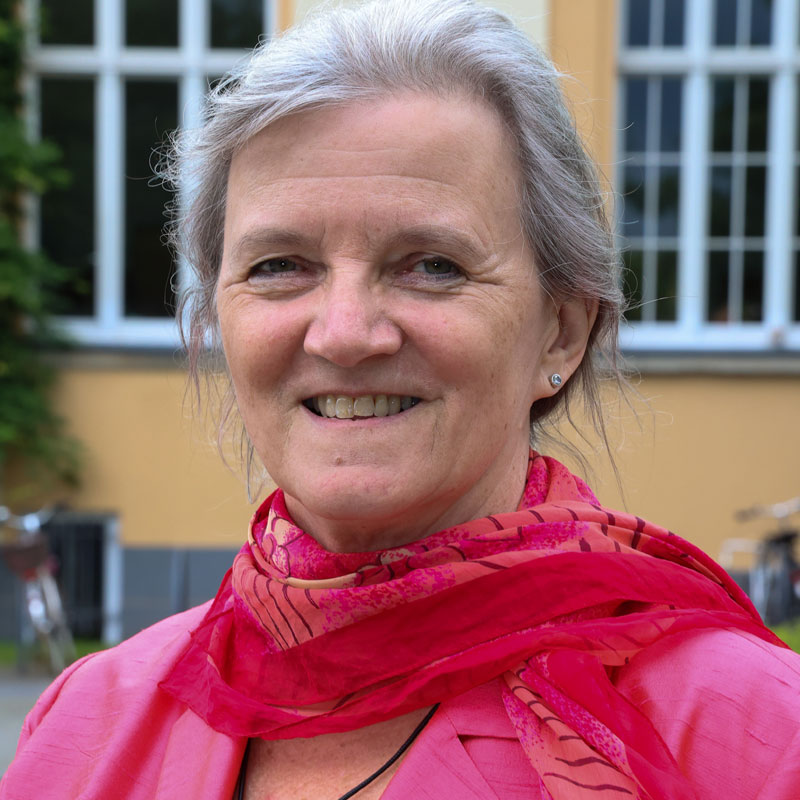
Daniela Jacob
DE
Doctor of Meteorology, Director of the Climate Service Center Germany (GERICS) at Helmholtz-Zentrum Hereon since 2015. Visiting Professor at Leuphana University. Coordinating lead author of the IPCC Special Report on the impacts of global warming of 1.5 °C above pre-industrial levels and co-author of the 5th IPCC Assessment Report. Chair of the Climate Advisory Board in Hamburg, the German Committee for Sustainability Research in Future Earth and co-chair of the Science Platform Sustainability 2030 (WPN 2030). Former member of the EU Commission Mission Board „Adaptation to Climate Change including Societal Transformation“, the Earth League and the Scientific Advisory Board of the European Destination Earth Initiative. ECMWF Fellow since 2021. Editor-in-chief of the journal „Climate Services“ until 2024. Honoured with the „German Renewables Award 2022“ and Fellow of the International Science Council (ISC) since 2023.
-
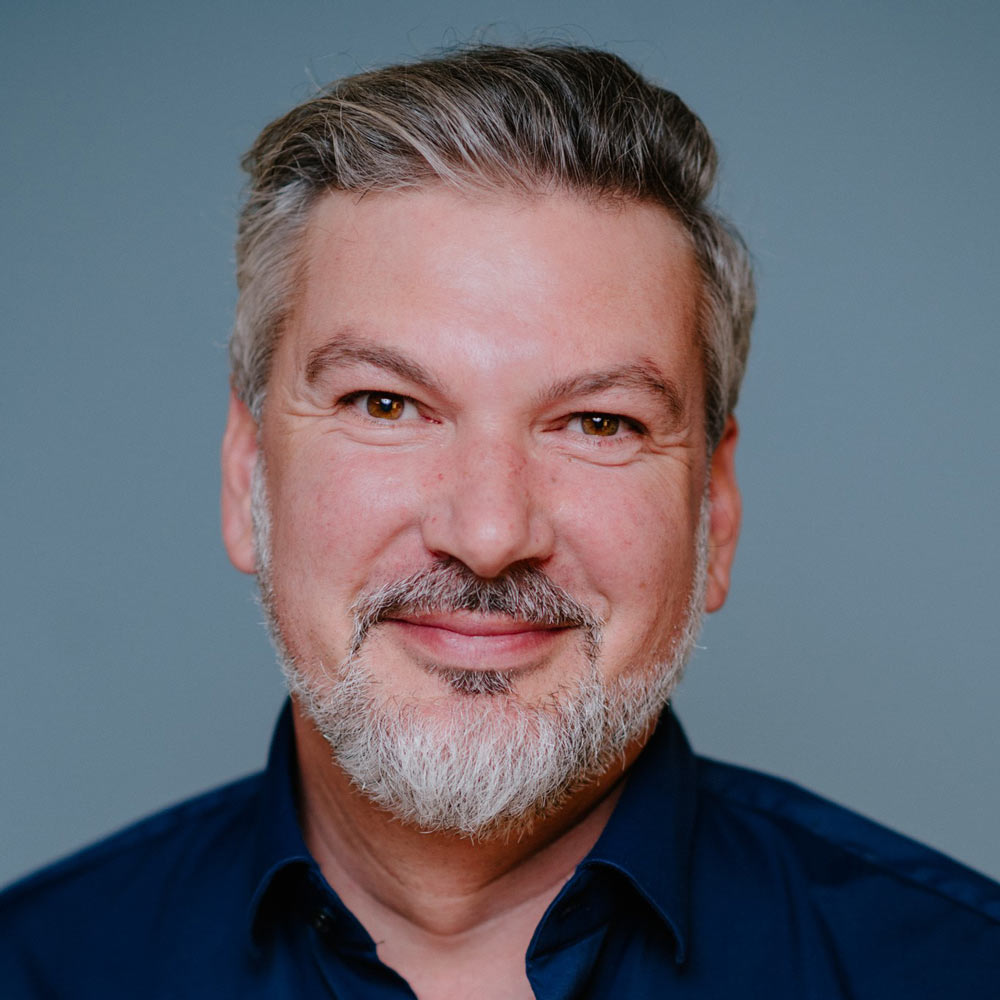 Photo: Julia Dragosits
Photo: Julia DragositsGeorg Russegger
AT
As a trained media artist and researcher with a PhD in media anthropology, Georg Russegger works and operates at the crossroads of open innovation and human-computer interaction. Research and development, responsible innovation and knowledge valorization for academia, society and the economy are key. My endeavor is to open artistic and creative methods of design for outreach, engagement and education with agile impact. Skills transfer, capacity and community building to empower and open up people’s desires to deal with global challenges and work together for a better future fuel my inspiration.
-
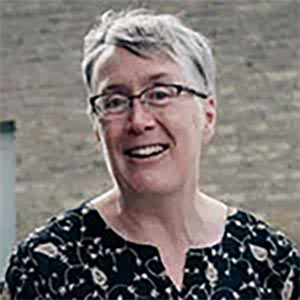
Joanna Bryson
GB
Joanna Bryson is a professor of Ethics and Technology at the Hertie School. Her research focuses on the impact of technology on human cooperation and AI/ICT governance. From 2002-2019 she was on the Computer Science faculty at the University of Bath. She has also been affiliated with the Department of Psychology at Harvard University and the Department of Anthropology at the University of Oxford, the School of Social Sciences at the University of Mannheim, and the Princeton Center for Information Technology Policy.
-
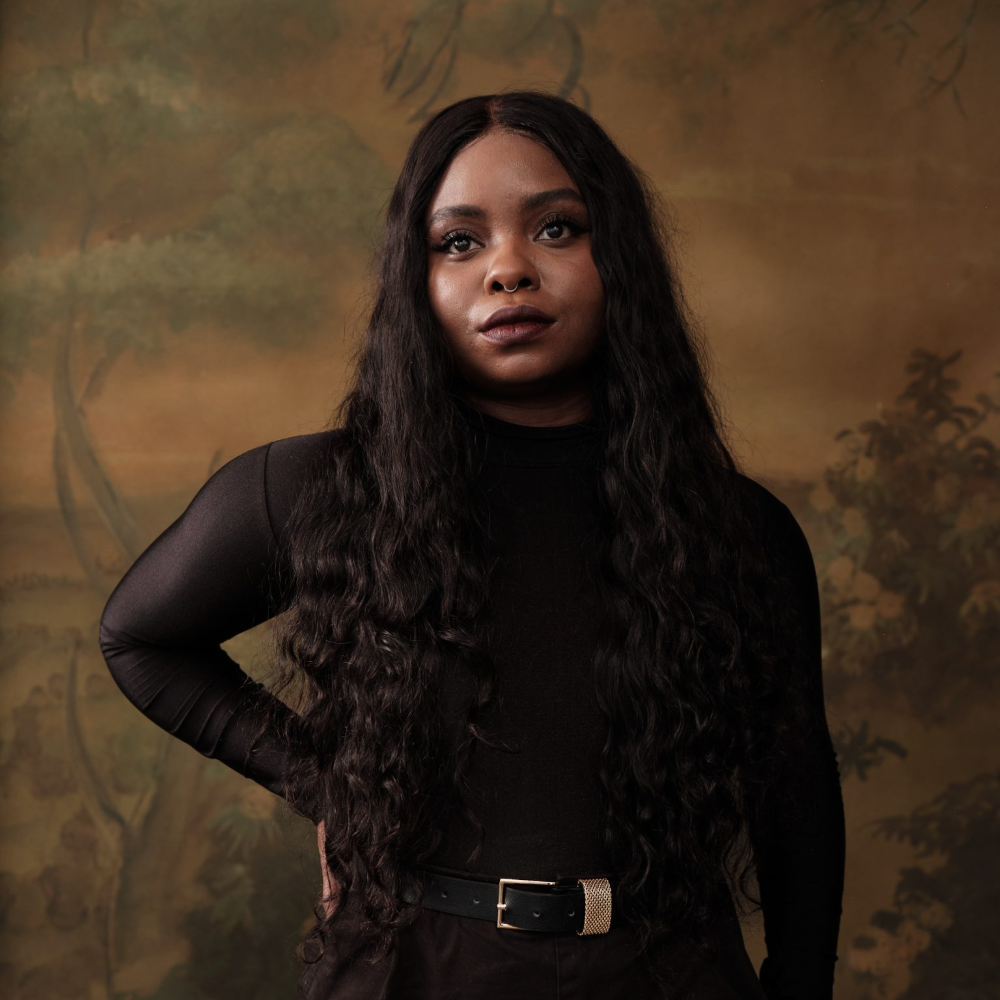 LaJune McMillian
LaJune McMillianLaJuné McMillian
US
LaJuné ist eine interdisziplinäre Künstlerin und Pädagogin. Ihre künstlerische Arbeit setzt Performance, Augmented Reality und Physical Computing ein, um unsere heutigen Kommunikationsformen zu hinterfragen.
-
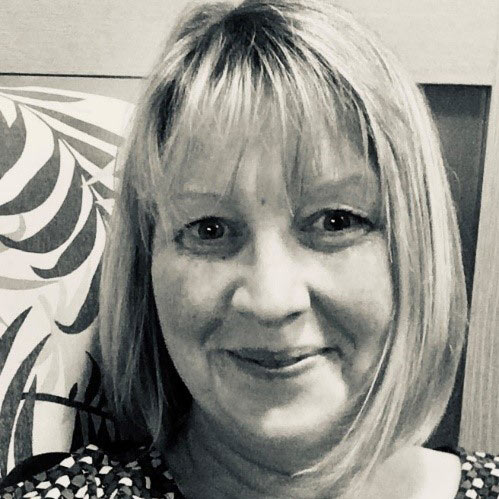 Photo: Laura Veart
Photo: Laura VeartLaura Veart
GB
Laura Veart is a STEAM International Programme Manager leading a portfolio of both international and interdisciplinary projects at STEAMhouse, Birmingham City University’s Award winning innovation center.
She has over 25 years of experience in European policy and project management in the private and higher education sectors. Over the past 10 years at Birmingham City University (BCU), Veart has managed projects, secured funding and partnerships with a focus on innovation and intercultural collaboration in all things STEM and Arts (STEAM).
In particular, she has led on developing links and strategic partnerships in STEAM, enhancing STEAMhouse’s reputation as an international exemplar. In addition, Veart has coordinated BCU’s annual International STEAM Conference alongside managing a number of projects which focus on interdisciplinary practice in Higher Education. -
 Photo: Lauren Vargas
Photo: Lauren VargasLauren Vargas
US
Dr Lauren ‚L‘ Vargas, with 20 years of experience, is a digital dragon wrangler and principal of Your Digital Tattoo, based in the Netherlands. Specializing in community, communication and collaboration, she consults globally with mission-based organizations using strategic foresight, inclusive and regenerative methods, and digital tools. Additionally, Vargas is an Honorary Research Fellow at the University of Leicester and Head of Research Practice for the Future Museum (Museum Booster) initiative.
-
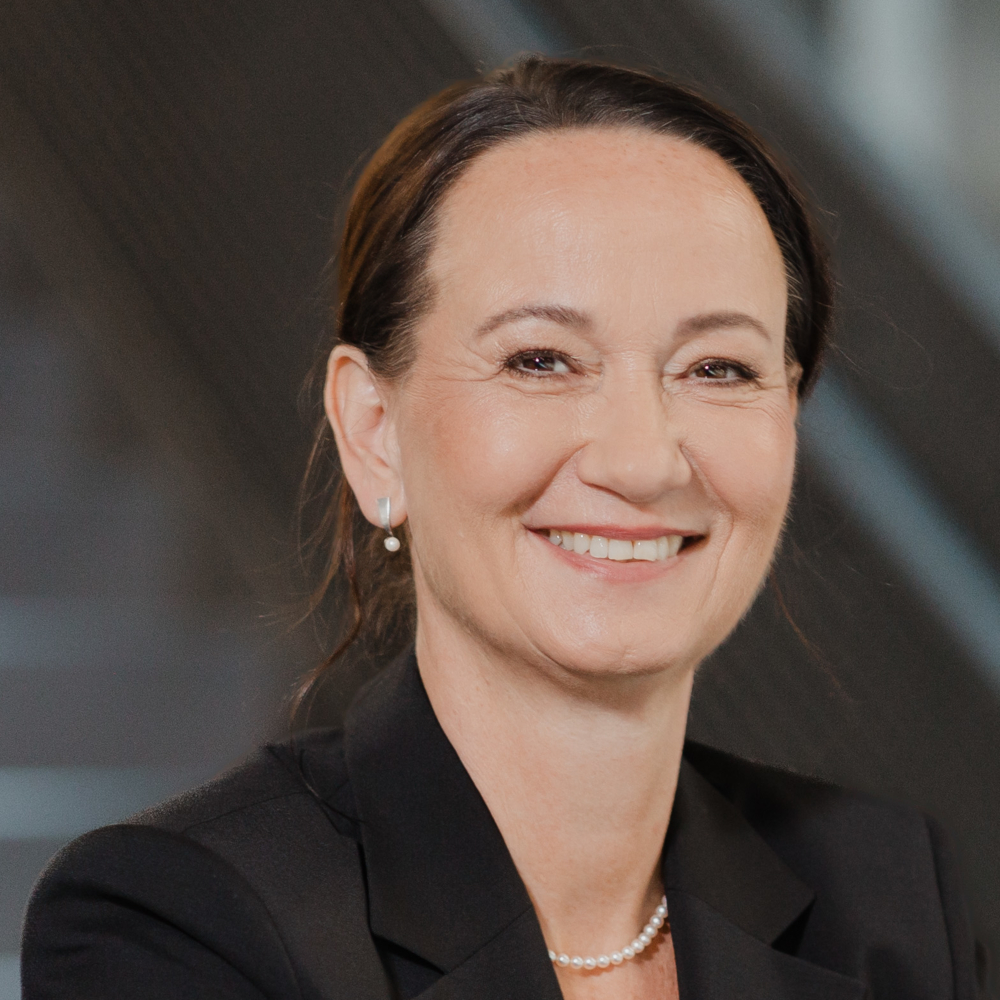 Photo: Antje Wolm
Photo: Antje WolmStefanie Lindstaedt
DE, AT
Elected founding president of Austria’s first public university exclusively dedicated to the digital transformation of science, business and society —IT:U Interdisciplinary Transformation University Austria. Within the last ten years. Stefanie Lindstaedt has developed two institutions in Austria that today bring together over 250 computer and data scientists, AI and ML specialists: Institute for Interactive Systems & Data Science (ISDS) at TU Graz and Know-Center, one of Europe’s leading research centers for Trusted AI and Data. Lindstaedt is an international, interdisciplinary scientist with research focus on AI, HCI and edu-tech. She was awarded MS and PhD degrees in computer science by the University of Colorado Boulder (USA) and her habilitation by TU Graz.

